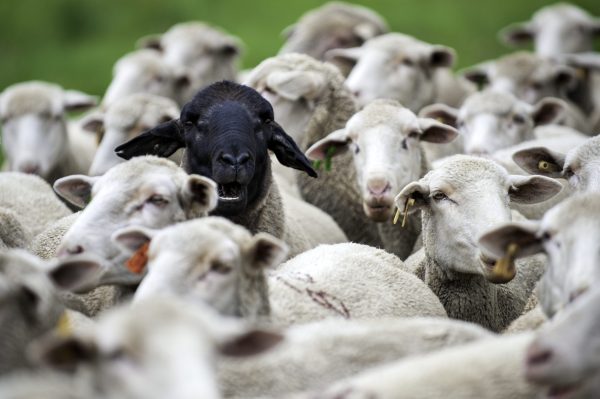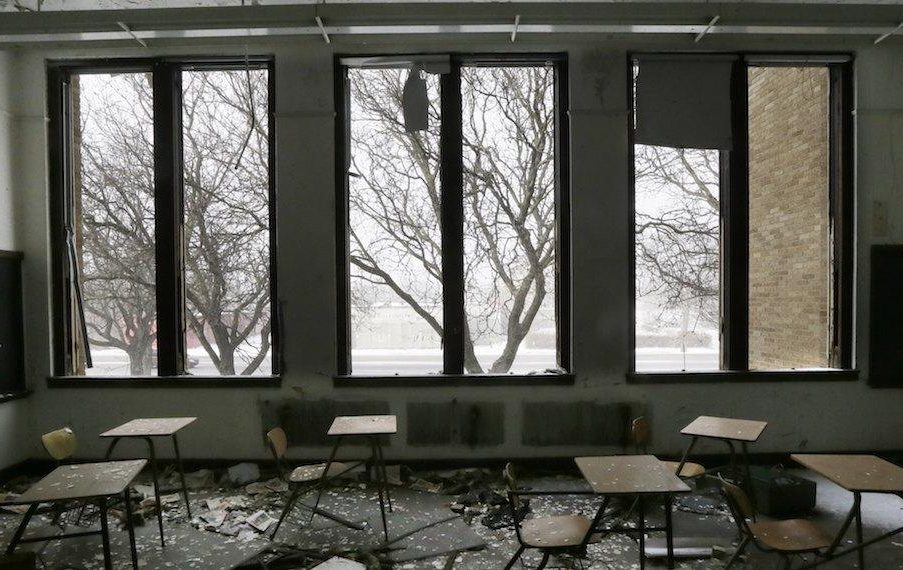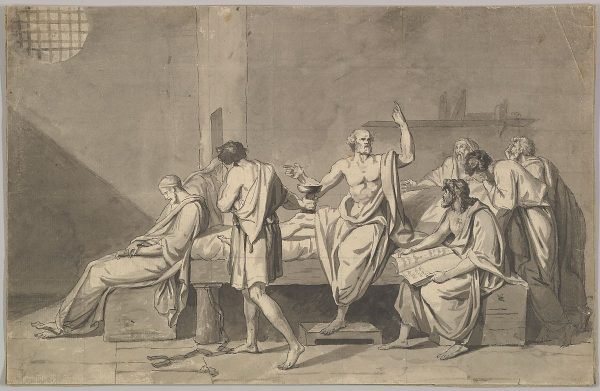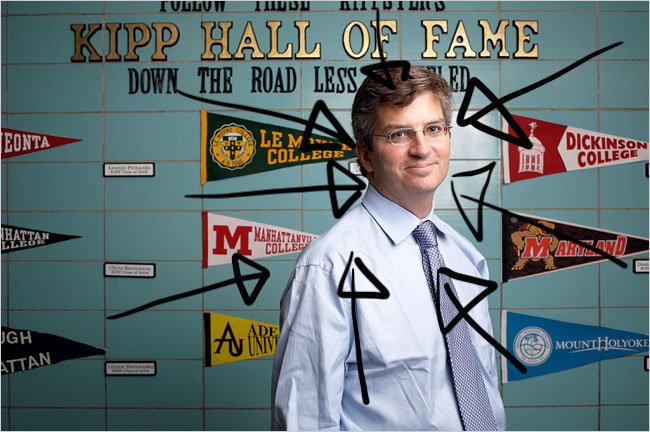Education is in for an overhaul. It won't all be good.
To Survive in Higher Ed, Break From the Woke Herd

A Warning to Calvin University.
“What important truth do very few people agree with you on?”
– Peter Thiel
My alma mater, Calvin University, recently received an anonymous $22 million gift to launch a business school. It’s a trying time for higher education institutions, and Calvin’s administrators celebrated this as an important step in the school’s transformation from a college into a broader university.
But I fear they may just be throwing good money after bad.
Even before COVID, colleges and universities faced increasing competition, escalating costs, and an impending student loan crisis. These challenges were widely acknowledged in the academic community. In a pre-COVID Gallup poll, 523 university presidents were asked to share their enthusiasm about the future of higher education. Only 15% of presidents strongly agreed with the statement, “I am excited about the future of higher education.”
COVID has accelerated these challenges. Universities have become increasingly dependent on the flow of international students (“Calvin College” became “Calvin University” in large part to attract this group). But this revenue stream is now a seriously questionable one at best. Parents and students increasingly wonder whether Zoom lectures are worth $50,000 a year—especially as schools have strayed from offering anything that would be traditionally recognized as a well-rounded education. Massive fixed costs leave schools poorly equipped to adapt to demand shocks, and even a moderate drop in enrollment likely means significant overcapacity and ruthless competition between schools.
It’s not clear Calvin remains viable in this world. Amid increasing competition, Calvin’s only hope is to distinguish itself from the broader pack in higher education. Yet the school instead seems eager to follow a path set by others.
Calvin has a deep Reformed Christian tradition to draw on. Yet despite lip service to this tradition, Calvin seems afraid to diverge substantively from contemporary mainstream norms. This was evident while I was at Calvin, and has only grown clearer in what is emphasized, what is downplayed, and what is anathema at Calvin these days.
When Reformed values can be aligned with popular trends in mainstream academia, Calvin embraces these with gusto. The Reformed cases for environmentalism and social justice are widely repeated. Reformed rejection of fundamentalist Bible theology is emphasized. And in keeping with mainstream academia’s central dogma of recent decades, Calvin president Michael Le Roy recently released new guidelines that require faculty to “Demonstrate an understanding of diversity and inclusion that is consistent with Reformed Christian theological ideas and contribute to the university’s diversity and inclusion goals.”
But where Reformed positions are less popular, these are carefully guarded in soft language or even openly challenged by faculty and administrators. Leaders emphasize that Calvin is not dogmatic, that it values open debate. Students should be “devoted to dialogue” even when positions directly contradict core elements of its tradition.
Lest anyone think every issue must be open to debate, Calvin will make clear that racism, misogyny, and other sins broadly condemned in mainstream academia are anathema. Political correctness will sideline unpopular takes, and absolute stances on controversial issues are treated as inappropriate, anti-intellectual, and embarrassing.
My argument is not that Calvin’s conclusions are necessarily wrong. But when they so conveniently align with the norms of mainstream academia, Calvin is downplaying rather than emphasizing what makes it different. Calvin’s conformity may mean broader acceptance, but it also means more direct competition.
And in today’s higher education world, competition means death.
As Peter Thiel argues in Zero to One, competition tends toward equilibrium, equilibrium means stasis, and stasis means death. Calvin’s trend toward greater alignment with mainstream academia will not save it but rather set it up for failure as it faces increasingly brutal competition with numerous virtually undifferentiated schools. Put succinctly, Calvin’s imitation of other schools will be its downfall.
Calvin has a distinct perspective to offer. The Reformed tradition has helped shape American and Western thought. Despite being nearly abandoned in academia, it has produced many great universities. By embracing its Reformed identity, Calvin can stand out in a world of conformity and competition. Embracing these distinctives will give Calvin a unique pitch to applicants and a unique perspective in broader academic debates. It will give Calvin a reason to exist.
This approach means emphasizing, rather than downplaying, issues where Calvin diverges from mainstream norms. Calvin could address popular issues from an independent perspective. It could address important issues others are ignoring. In the face of intellectual trends that come and go, Calvin could remain anchored to its distinct values. It could highlight where these differences are the sharpest—where it brings something unique.
A few schools have chosen to embrace distinct paths. Hillsdale, the University of Dallas, and even the University of Chicago all have diverged from mainstream trends in important—and at times unpopular—ways. Each is thriving, and regardless of the broader shakeup in higher education, these schools’ independence will give them a distinct appeal to certain students, and a distinct perspective in academic debates.
Yet I fear that Calvin, like all too many schools nationwide, is instead succumbing to conformity. If it does so, even major donations will only delay the inevitable results of competition.
The American Mind presents a range of perspectives. Views are writers’ own and do not necessarily represent those of The Claremont Institute.
The American Mind is a publication of the Claremont Institute, a non-profit 501(c)(3) organization, dedicated to restoring the principles of the American Founding to their rightful, preeminent authority in our national life. Interested in supporting our work? Gifts to the Claremont Institute are tax-deductible.
And that’s a good thing.
We must re-train our students in the art of seeing the highest and best.
Making education domestic again.
Teaching the test has made our country lose its way.
Americans must demand their states save these essential schools.






